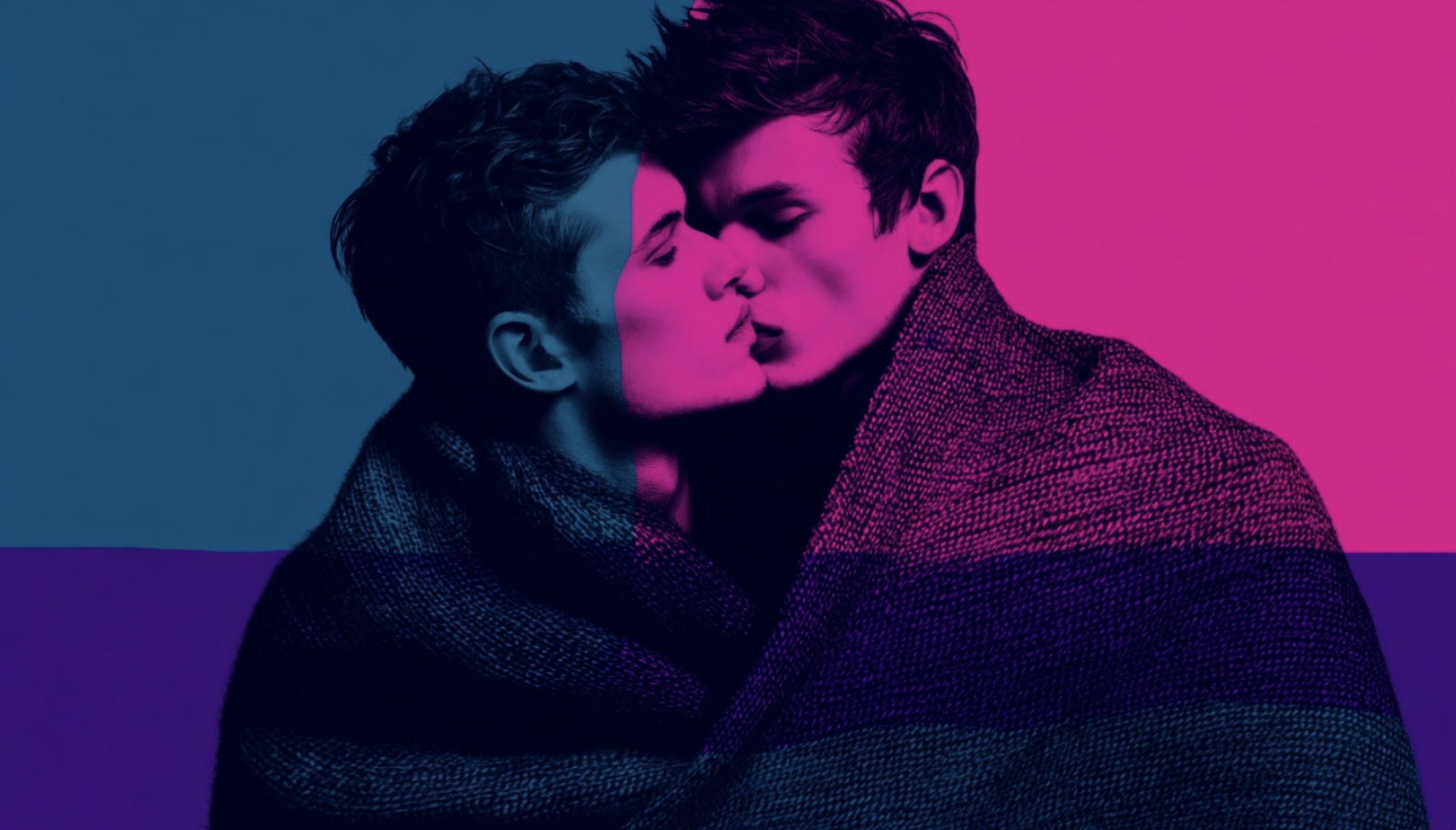For over two decades, the International Day of Bisexuality has been observed annually on 23 September, serving as a vital reminder of the importance of recognising and respecting bisexual identities within the broader LGBTQ+ community and society at large. This day seeks to reject discrimination, promote human rights above any beliefs or customs, and highlight respect for people regardless of their sexual orientation or feelings. Bisexuality, defined by attraction to more than one gender, remains subject to considerable misunderstanding, prejudice, and discrimination worldwide. Raising visibility for this orientation is crucial to tackling those challenges.
The foundation of this commemoration traces back to 1999 at the International Lesbian and Gay Association (ILGA) conference held in Johannesburg, South Africa. It was the initiative of three American bisexual activists, Wendy Curry, Michael Page, and Gigi Raven Wilbur, who recognised that while the wider gay and lesbian community had gained strength and visibility post-Stonewall, bisexual people often remained invisible and sidelined. ILGA, known for uniting over 1,100 organisations advocating for LGBTQ+ equality, provided an influential platform for the day’s establishment. As Wilbur reflected in later interviews, this day symbolised an important step in ensuring bisexual people’s recognition and rights within global human rights frameworks.
The choice of the specific date—23 September—holds symbolic significance. It is partly inspired by the birth month of Freddie Mercury, the legendary Queen frontman who is widely celebrated as an iconic bisexual figure within the LGBTQ+ community. Coinciding closely with the birthday of Wilbur herself, the date embodies a linkage between activism and cultural visibility. Since its inception, Bisexuality Day has also been referred to as Bi Visibility Day, Bi Pride Day, or simply Bi Day, reflecting its evolution and growing embrace across many countries.
Celebrations and observances of this day are far-reaching. Events typically include workshops, public education programmes, discussions, exhibitions, and social gatherings designed to raise awareness about the specific social, economic, and cultural barriers bisexual individuals face. This includes addressing ongoing issues like biphobia, which encompasses both outright discrimination and more subtle acts of bisexual erasure—the denial or minimisation of bisexual identity even within LGBTQ+ circles. According to reports and organisational statements, bisexual people often confront unique health disparities and are vulnerable to violence, stigma, and marginalisation in detention and healthcare settings globally.
Globally, Bi Visibility Day is now recognised in over 30 countries, championed by grassroots groups as well as larger LGBTQ+ organisations. Activation on this day not only celebrates bisexual identity and history but also contributes to the broader movement towards equality and inclusion in society. The day’s significance is underscored by its role in promoting dialogue and mobilisation around bisexual rights, challenging the stereotypes and prejudice that persist despite progress made by the queer community overall. Source: Noah Wire Services
